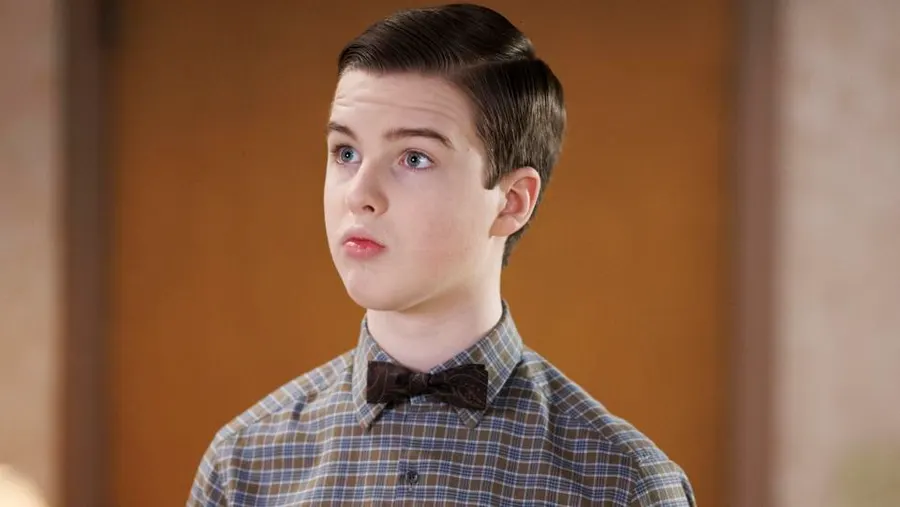Young Sheldon, the spinoff series chronicling the childhood of The Big Bang Theory‘s iconic character Sheldon Cooper, has taken a refreshing departure from its predecessor’s narrative structure, leading to a richer and more dynamic storytelling experience.
In The Big Bang Theory, Sheldon quickly emerged as the breakout character, captivating audiences with his unique blend of genius intellect, social awkwardness, and endearing quirks. However, as the series progressed, Sheldon’s dominance in the narrative landscape became increasingly pronounced, relegating other characters to supporting roles. While this formula proved successful for The Big Bang Theory, it posed a challenge for its spinoff counterpart, Young Sheldon.
Initially, Young Sheldon seemed poised to follow in the footsteps of its predecessor, positioning Sheldon as the central focus of the series. However, as the show has evolved over its seven-season run, it has deftly shifted its narrative focus to encompass the broader spectrum of the Cooper family dynamic.
Rather than solely centering on Sheldon’s upbringing, Young Sheldon has expanded its scope to explore the lives and experiences of all members of the Cooper family. From Missy’s rebellious phase to Georgie’s journey into fatherhood, the series delves into the complexities of familial relationships and individual growth, offering audiences a multifaceted portrayal of life in East Texas.
This departure from Sheldon’s dominance has been a boon for Young Sheldon, allowing the show to explore new narrative avenues and develop its ensemble cast in meaningful ways. By providing equal attention to each member of the Cooper family, the series has created a more immersive and emotionally resonant viewing experience.
Moreover, shifting the spotlight away from Sheldon has enabled Young Sheldon to maintain its narrative freshness and avoid the risk of stagnation. While Sheldon remains a central figure in the series, his character development is complemented by the growth and evolution of his family members, resulting in a more dynamic and engaging storytelling dynamic.
Ultimately, Young Sheldon‘s decision to reverse The Big Bang Theory‘s narrative trick has paid dividends, enriching the series and allowing it to carve out its own identity. By embracing the broader spectrum of the Cooper family’s experiences, the show has captivated audiences with its heartfelt storytelling and endearing characters, solidifying its status as a standout addition to the Big Bang franchise.
FAQs
Why did Young Sheldon shift away from focusing solely on Sheldon?
Young Sheldon evolved to provide a more comprehensive exploration of the Cooper family dynamics, allowing for richer storytelling and character development beyond Sheldon’s perspective.
Will Sheldon still play a significant role in Young Sheldon?
While Sheldon remains an integral part of the series, Young Sheldon has expanded its focus to include the experiences and growth of all members of the Cooper family.
How has the narrative shift benefited Young Sheldon?
By diversifying its storytelling and character focus, Young Sheldon has maintained narrative freshness and depth, resulting in a more dynamic and engaging viewing experience.
Are there plans for spin-offs focusing on other Young Sheldon characters?
Yes, characters such as Georgie and Mandy are receiving their own spin-off series, indicating the success of Young Sheldon‘s ensemble storytelling approach.
Will Young Sheldon continue to explore Sheldon’s character development?
Yes, Sheldon’s growth and evolution will remain a central aspect of Young Sheldon, but it will be complemented by the exploration of other family members’ journeys.
